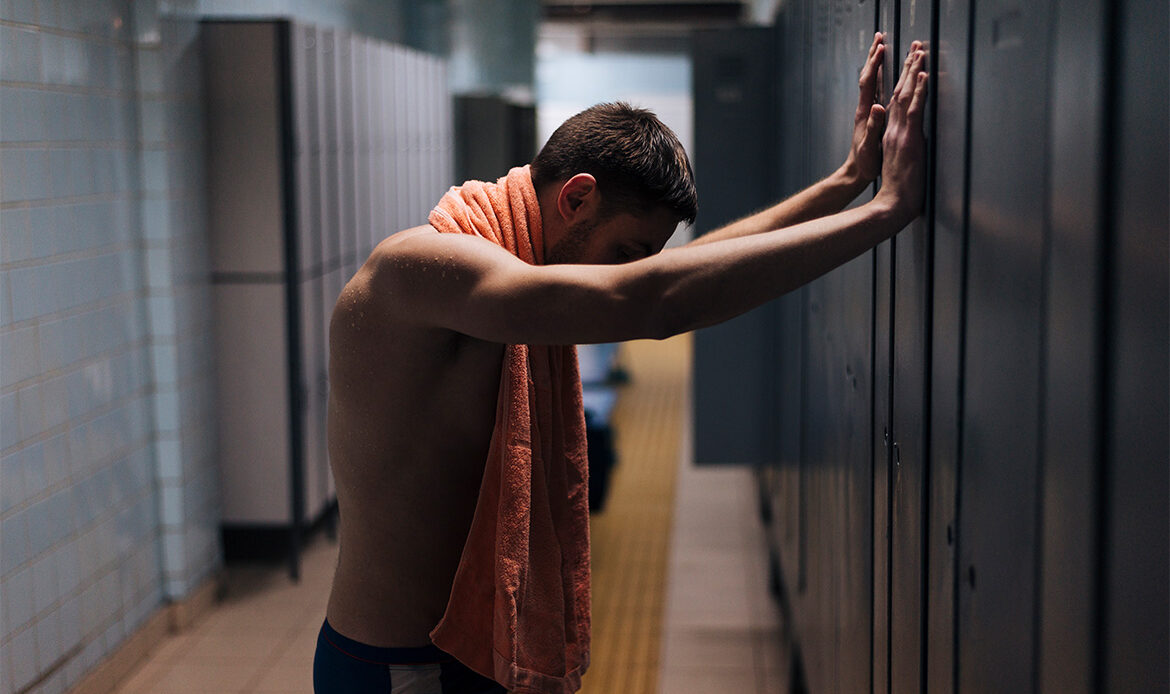Juvenile incarceration can put a stop to your child’s bright future
Children are going to make mistakes, but when the courts get involved, they do not look at your child with the same hopes and well wishes that you do. Juvenile courts have a very practical issue to solve: how do they prevent more misconduct? Often, the courts try to solve this with juvenile detention centers, which can leave your child struggling with long-term effects for years.
As a parent, one of the best things you can do is work with a legal resource that understands your options and that looks for an individualized approach for your child.
Understanding the long-term impacts of incarceration
No child exists in a vacuum. Instead, their behavior is informed by a wide range of factors. Homelife, academic struggles, social situations and mental health all have a role to play when a child behaves criminally. Very few of these options can be addressed successfully by traditional means. In fact, children who spend time in detention centers often go on to behave in similar or escalated ways.
Almost two-thirds of incarcerated children suffer from a mental health disorder. This can vary from severe issues like schizoaffective disorders to more common issues like depression and anxiety or even ADHD. In many of these cases, children simply are not referred to appropriate mental health services. The result is ongoing and worsening mental health and a higher chance of repeat offenses, including in adulthood.
Knowing the options
In the past decades, juvenile justice reform efforts have made serious strides in creating opportunities for treatment and alternative consequences for juvenile offenders. Florida law now allows for some juvenile offenders to undergo mental health treatment or education as a diversionary tactic, and more and more options for community-based rehabilitation are available every year. Your child may benefit best from one of these routes. As a parent, you can help them get representation and access to beneficial programming that keeps them out of juvenile centers.

